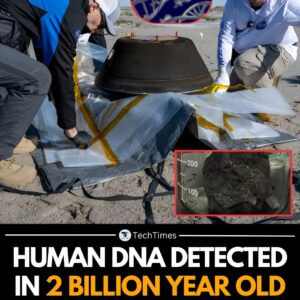In a case that shocked both the medical and legal worlds, Dr. Richard Batista, a surgeon from New York, demanded the return of his donated kidney—or $1.5 million in compensation—after his wife filed for divorce. Batista had donated one of his kidneys to his wife, Dawnell, in 2001 when she was suffering from severe kidney failure. Four years later, she sought a divorce, prompting Batista to make his controversial demand.
The case sparked a worldwide debate on medical ethics and property rights over human organs. However, in 2009, a New York court ruled against Batista, declaring that once an organ is donated, it becomes a non-retractable gift and cannot be treated as marital property or a financial asset. U.S. law strictly prohibits the buying, selling, or reclaiming of human organs under the National Organ Transplant Act.
Though his request was legally dismissed, Batista’s story became a cautionary tale about emotional and ethical boundaries in relationships. It also reignited public discussion about how deeply personal medical decisions can complicate love, loyalty, and loss when marriage turns into conflict.
#TrueStory #DivorceCase #MedicalEthics #OrganDonation #HumanRights





